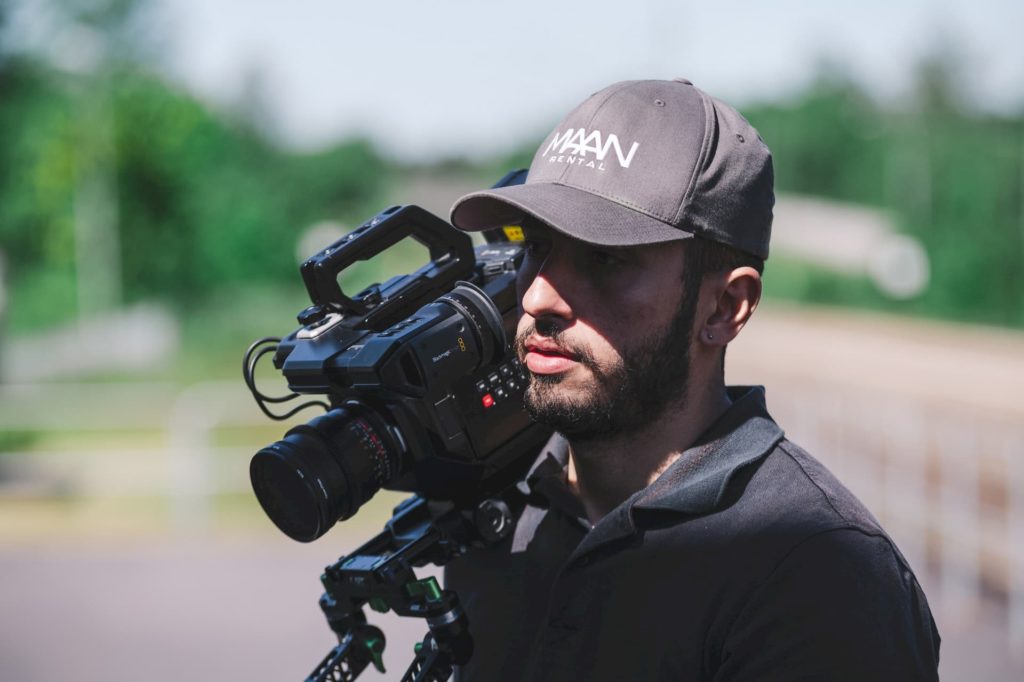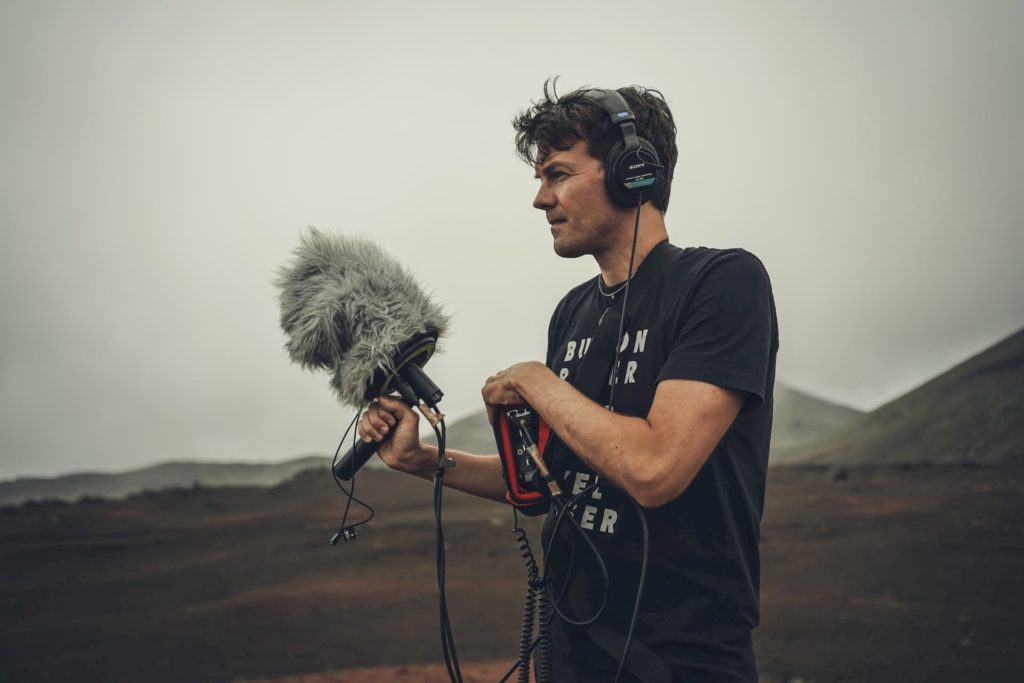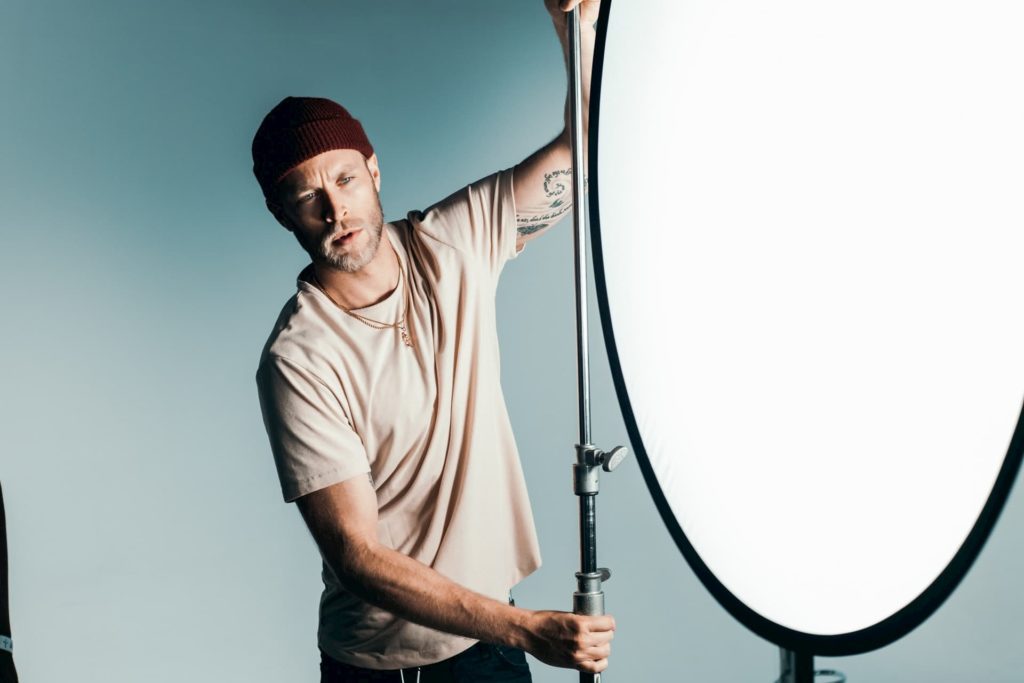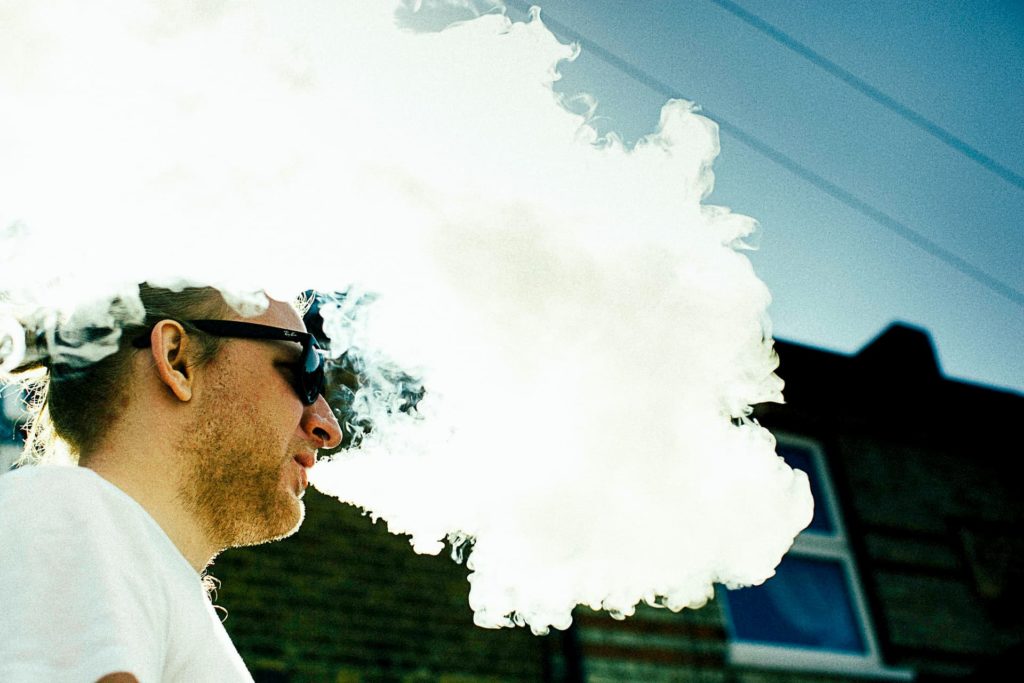11 Ways Your Film Crew Can Make or Break Your Indie Film
In most cases, you can’t make an incredible short film without a stellar crew. This crew will be there to help execute your vision as a filmmaker, and they’ll likely save you more times than you could count—and in more ways than we could fit in this list.
But if you pick the wrong key crew members during pre-production, when it comes time to arrive on set and make your shoot days, you may run into some issues.
Before we even get into The Good, The Bad, and The Ugly of what could happen on set with your film crew, you’ll need funding to hire a talented crew in the first place (making sure you end up in “The Good” part of this list).
Check out our funding opportunities for a chance to get funding to pay your crew and get them the equipment and software they need.
Read on for five ways your crew can save your production, five ways they could ruin it, and one bonus scenario at the bottom. Yes, the ugly.
The Good
1. Being On Time
They say half the battle is just showing up. When producing a film, it might even be worth more than half. When your crew shows up on time—or even early—it saves you so many headaches as a producer or filmmaker.
You shouldn’t have to worry about your cast and crew making their call times, but unfortunately, it’s not always the case. Having a solid crew that always shows up on time will prove invaluable, especially when shooting time-sensitive scenes that require being ready by the golden hour.
2. Balancing Technical and Creative Input

Depending on your directing or producing style, you may want everyone to stay out of your way. But in our experience, good films are never made in a vacuum (although, that’s an interesting concept… feel free to pitch it).
Having a cinematographer who offers creative solutions to placing the camera, talks with you about film lighting, or offers support with anything not 100% in his job description will help you on set tremendously.
If you work with a DP who responds with “tell me what to film and I’ll film it” when you ask him his opinion, well, that’s not so helpful. The cinematographer vs. director roles are incredibly different and nuanced, yet, but the best duos always have some overlap. For example, read how hands-on award-winning cinematographer William DeJessa comes across when talking about the best camera for filmmaking on a budget.
That’s not to say we always want random crew members telling the director what to do. The film director has a role, and it’s imperative to stick to this role when learning how to make a short film. You don’t want your PAs directing actors.
But having a crew that’s’ ready and willing to offer suggestions or feedback when asked instead of just offering a beautiful 3 point lighting setup always helps.
All in all, the role of a director in film is to achieve his or her creative vision of the project. It doesn’t matter how directors get there, and having a collaborative set never hurts.
3. Fostering Camaraderie On Set
If people are having fun, it will make it less of a job for them and more enjoyable for the film crew. Overtime and long days are never fun, but having a solid team in place can make it more bearable.
If you’ve got someone with a negative attitude, they’re going to make it miserable for everyone in the film crew positions, regardless of their position on the film crew hierarchy. Make sure you take personalities into account when you’re getting ready to hire film crew.
4. Built-in Marketing Team

If your cast and crew believe in the project, they’ll be invested in making the production a success on set by collaborating and giving it their all. Not only do they want to make something good for the sake of making something good, a polished final film can be added to their portfolio. This means that they’ll want to share it with their online network, regardless of where they appear on the film crew list.
When it comes time to promoting your film festival screenings or online release, you’ll have a team of fans ready and willing to share your posts and spread the word. If you’ve had a successful run with a particular team, consider adding them to your roster to build your production company and become a producer.
5. Access to Free Locations
There’s no better way to get a free location than to use someone’s location that’s related to the film production itself. Maybe the assistant producer’s best friend owns a bar that would be perfect for the cute-meet in your rom com, or maybe a PA’s father owns a funeral home for the sad moment in your film.
Having a can-do team that fully supports the project can lead to amazing possibilities that can cut down your short film budget. When applying to short film grants or seeking film financing, having a reasonable budget will be crucial.
The Bad
1. Late to Set

You’ll be ready to roll, and your cast and crew won’t be there. You’ll be burning daylight during golden hour as your crew misses their call time …
When you’re paying for locations, this can severely eat into your budget. And if you don’t make your days because your crew is late, you won’t get all your shots.
2. Unannounced Breaks Between Takes

Your crew should never take an unannounced break or leave the set during production if it’s not scheduled or an emergency. Not only will this delay your shots and your shooting schedule, but it will create resentment among the rest of the cast and crew.
As they say, one bad apple can spoil the whole bunch. If everyone’s not ready to roll when it’s time, people will become frustrated. Different film crew members have different responsibilities, but they should always keep the production informed if something needs to change for whatever reason.
3. High Rates
You do get what you pay for, but spend your money wisely. If you spend the bulk of your money on a top-tier production crew with high film crew rates, you may not have enough left in the budget for post-production expenses or film festival submissions.
Even if you’re editing the film yourself, you may need to purchase unforeseen effects or de-noising plugins, which can get expensive. To help offset these costs, check out these free post-production resources.
4. Know-it-alls
On small indie film sets, it’s likely that you may encounter all levels of skill and experience, especially across departments if you’re just starting out.
If you are lucky enough to have an experienced crew member on your set with lots of top-tier gigs under his or her belt, just make sure this person is down-to-Earth and doesn’t rub people the wrong way. There’s nothing like a pompous ass to kill creativity and a sense of team.
5. Crew Not Willing to Make Sacrifices

This is independent film. You want people who truly believe in the art form and will be willing to make sacrifices for the sake of the production. It doesn’t matter if it’s the boom operator, production manager, assistant directors, key grip, 1st AC, props master, or script supervisor.
Something will go wrong in some department, and someone will have to make some sort of sacrifice.
If someone insists on having filet mignon, sleeping in five star hotels, and getting their own trailer, and. there’s no way you can afford all of that, they may not be right for your production. Sometimes eating pizza has to be okay in independent film (pending any dietary restrictions, of course).
The Ugly
If you don’t have enough funding to hire a crew in the first place for your film, that’s ugly. Learn more about our film funding opportunities for a chance to get film financing.
Two supplemental areas to be included which are commonly overlooked or ignored that can prove invaluable.
Identifying services and resources easily accessible in the immediate vicinity at your disposal which are free, or in the alternative available at a minimum cost.
Also, maintaining, upholding, and staying within the budget at all cost with what you have to work with.
Very true!